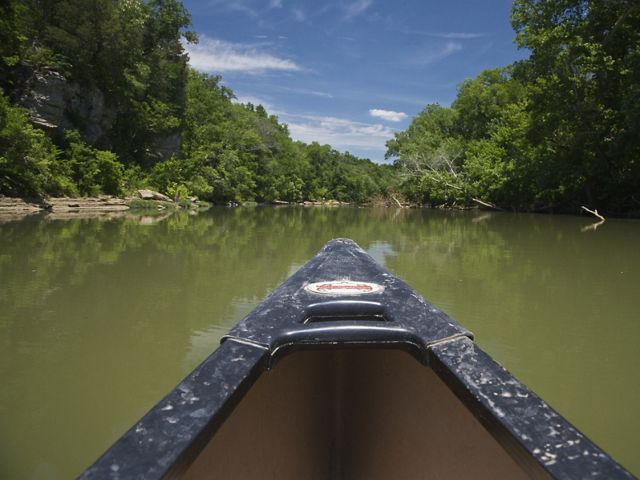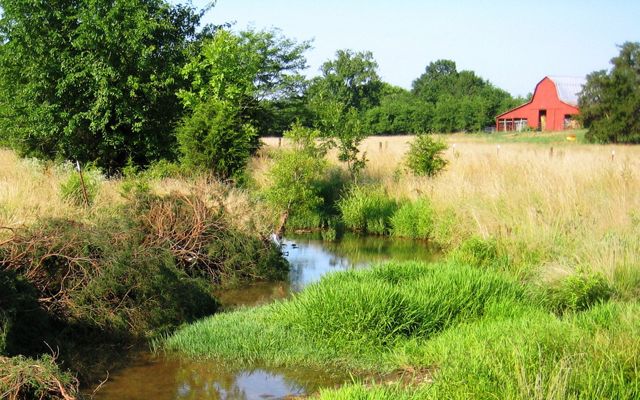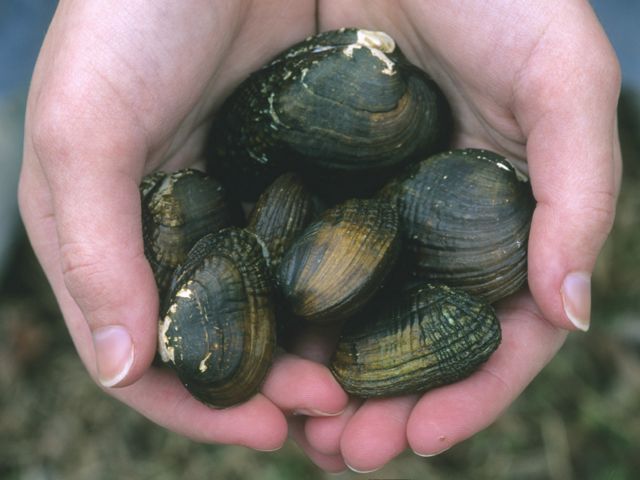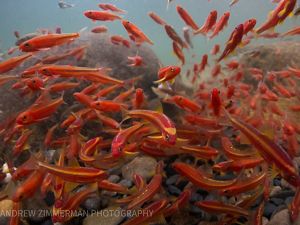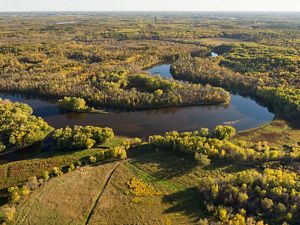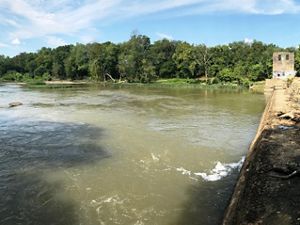Spotlight on Species
The Duck River contains more species of fish than all of the rivers of Europe combined and has more fish varieties per mile than any other river in North America. It also supports 60 freshwater mussel species and 22 species of aquatic snails. Many of these species are federally listed as threatened or endangered and several occur nowhere else on earth.
The Duck’s freshwater mussel populations specifically represent some of the richest and most diverse in the world. Freshwater mussels are not only beautiful and fascinating creatures, but also play important roles in promoting water quality. Mussels are filter feeders, removing particulate matter from the water and cleaning up to 15 gallons a day! They also help stabilize stream channels. Since they are incredibly sensitive to changes in water quality, any decline in mussel populations often serve as an indicator of larger water quality issues in a watershed. In this way, they serve as the proverbial “canaries in the coal mine.”

